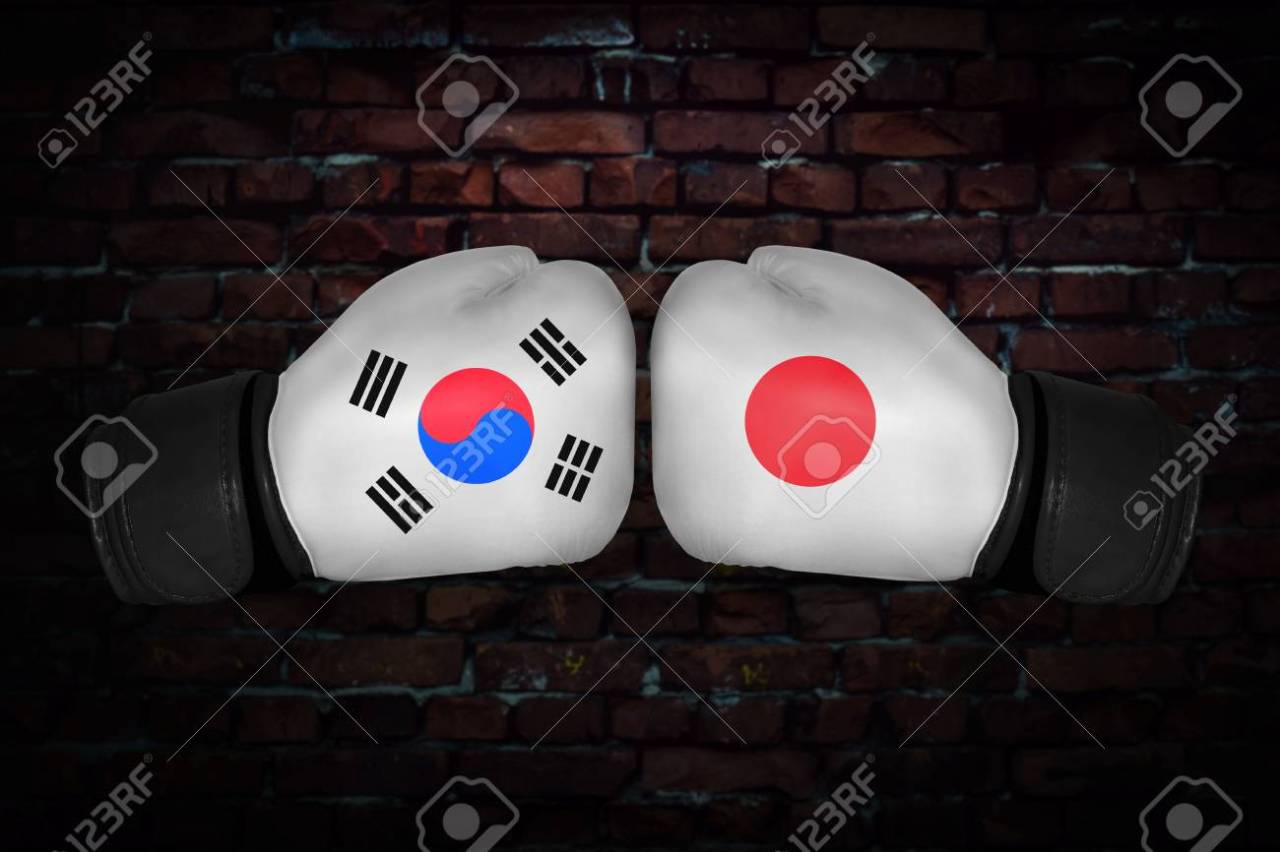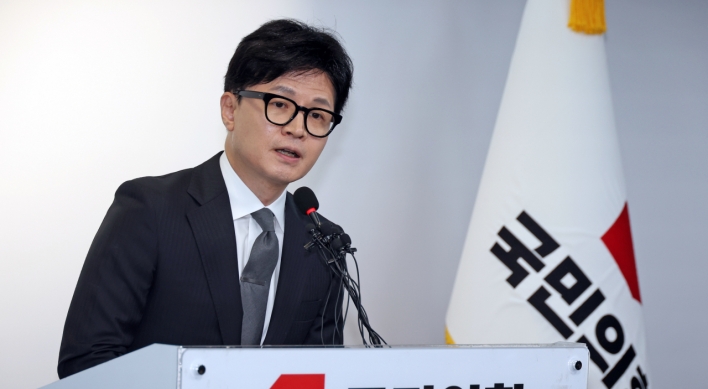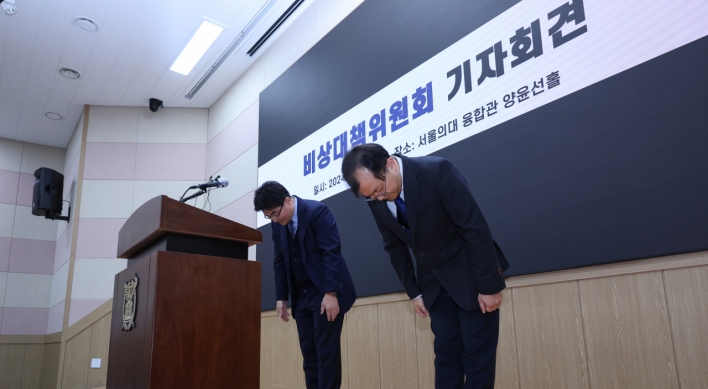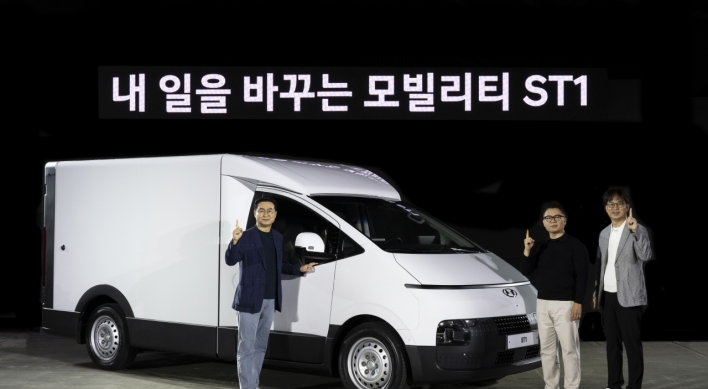[Anniversary Special] Domestic politics in Korea, Japan leave behind victims of Japan’s wartime atrocities
By Kim Bo-gyungPublished : Aug. 14, 2019 - 16:31
The somber atmosphere is palpable in Korea around this time of the year, when South Korea commemorates its independence from Japan.
This year marks the 74th year of Korea’s independence from the brutal 1910-1945 Japanese colonial rule.
South Korea has achieved notable growth since independence. It stands as Asia’s fourth-largest economy, home to leading tech giants including the likes of Samsung Electronics and the birth place of global K-pop sensation BTS.
All the while, however, a resolution for Koreans who were forced into Japanese military sexual slavery, euphemistically referred to as “comfort women,” and victims of Japan’s wartime forced labor has been largely elusive.
Many Japanese politicians have taken advantage of the nationalist rhetoric, playing down its wrongdoings and paying tribute at the notorious Yasukuni Shrine which honors 14 Class-A war criminals from World War II.
Successive South Korean governments have taken different approaches on the issue, failing to stick to a uniform stance on ironing out historical disagreements with Tokyo.
Putting aside varying interests and perceptions, a wholehearted in-person apology by Japan’s leadership and restitution is the first step to settling the discord.
This, however, is seemingly unlikely under the Abe government, which is fanning far-right nationalist rhetoric to galvanize its support base in an apparent attempt to revise its pacifist constitution.
Japanese Prime Minister Shinzo Abe went so far as to deny Japan’s wrongdoings, suggesting Koreans were not forced to work at military brothels and mines.
“Prime Minister Shinzo Abe is passive in reflecting on (Japan’s) colonial rule,” Haruki Wada, a professor emeritus at University of Tokyo, said in an interview with a local news service.
“Japan has only thought of the agony it went through due to the war. It almost has no consideration of the pain citizens of South Korea and many Southeast Asian countries colonized by Japan went through,” he added.
This year marks the 74th year of Korea’s independence from the brutal 1910-1945 Japanese colonial rule.
South Korea has achieved notable growth since independence. It stands as Asia’s fourth-largest economy, home to leading tech giants including the likes of Samsung Electronics and the birth place of global K-pop sensation BTS.
All the while, however, a resolution for Koreans who were forced into Japanese military sexual slavery, euphemistically referred to as “comfort women,” and victims of Japan’s wartime forced labor has been largely elusive.
Many Japanese politicians have taken advantage of the nationalist rhetoric, playing down its wrongdoings and paying tribute at the notorious Yasukuni Shrine which honors 14 Class-A war criminals from World War II.
Successive South Korean governments have taken different approaches on the issue, failing to stick to a uniform stance on ironing out historical disagreements with Tokyo.
Putting aside varying interests and perceptions, a wholehearted in-person apology by Japan’s leadership and restitution is the first step to settling the discord.
This, however, is seemingly unlikely under the Abe government, which is fanning far-right nationalist rhetoric to galvanize its support base in an apparent attempt to revise its pacifist constitution.
Japanese Prime Minister Shinzo Abe went so far as to deny Japan’s wrongdoings, suggesting Koreans were not forced to work at military brothels and mines.
“Prime Minister Shinzo Abe is passive in reflecting on (Japan’s) colonial rule,” Haruki Wada, a professor emeritus at University of Tokyo, said in an interview with a local news service.
“Japan has only thought of the agony it went through due to the war. It almost has no consideration of the pain citizens of South Korea and many Southeast Asian countries colonized by Japan went through,” he added.

According to Wada, Japan did not understand the meaning of South Korea’s Liberation Day for a long time and “was not interested in its colonization of South Korea.”
There had been glimpses of a breakthrough under former South Korean President Kim Young-sam, who took a hardline stance in the Korea-Japan historical conflict.
In 1993 Japan’s then-Chief Cabinet Secretary Yohei Kono issued the Kono Statement, admitting to and apologizing for coercing Korean women into Japanese military sex slavery. This was followed by the 1995 Murayama Statement, the first official apology issued by the Japanese government on its colonial rule.
The statements, however, have been undermined over the years by offensive comments by Japanese politicians and the lack of a genuine in-person apology by Tokyo’s leadership.
Some 20 Japan-based civic groups jointly issued a statement in front of the Japanese Embassy earlier in the month during an anti-Abe protest, which said, “The Abe government is stoking conflict between the citizens of Korea and Japan, and trying turn a blind eye to the past in nullifying Korean top court’s ruling.”
They urged the Korean and Japanese public to work together to restore the rights of Korean victims and demand the issue be resolved.
South Korean administrations also bear responsibility for the perennial conflict.
Korea normalized relations with Tokyo in a 1965 accord that came with a financial compensation and apology by Japan, accepted without the consent of Korean victims, amplifying outrage and confusion.
In the 1965 accord inked under former military dictator Park Chung-hee, South Korea received $500 million in loans and “settled all issues related to the right of recourse of both countries.”
The treaty signed by Park, whose focus was on Korea’s economic development, remains the root cause of the clashes over interpretations of history between Seoul and Tokyo.
After going through a reconciliatory phase during the 1998-2003 Kim Dae-jung government, most Korean governments assumed a largely hardline stance, condemning Japan over the deep-rooted dispute, but fell short of addressing the root cause.
And after nearly three years of giving Japan the cold shoulder, President Park Geun-hye, the daughter of Park Chung-hee, abruptly signed an agreement with Japan settling the issue of comfort women in 2015. The agreement sparked a fierce backlash as it was signed without consulting the survivors.
The Moon Jae-in government has vowed to address Tokyo’s wartime atrocities and conflicts with Korea over history, of which Education Minister Yoo Eun-hae’s recently announced plan to bolster history courses in elementary, middle and high schools is a part.
In the sweltering summer heat, crowds rallied in front of the former Japanese Embassy building in Jongno, central Seoul, on Wednesday, participating in the 1,400th protest of its kind with one goal: getting Japan’s leadership to sincerely repent and apologize for enslaving up to 200,000 women into sexual slavery for Japanese soldiers during World War II.
The majority of the victims were from South Korea, with others from Taiwan, China, Indonesia and the Philippines.
The protests, held every Wednesday since 1992, gained momentum coupled with the unprecedented nationwide campaign to boycott goods and services linked to Japan.
The boycott is a response from the South Korean public to Tokyo’s export restrictions, which were widely perceived as retaliation against the Korean Supreme Court’s rulings in favor of Korean victims who were forced to work at Japanese mines and factories during Japan’s colonialization of the Korean Peninsula,
Another South Korean victim of Japan’s sex slavery died earlier in the month, and there are 20 surviving victims registered with the government whose ages average 91. Lee Chun-sik, who was forced to work at a Japanese steel mill at the age of 17, will turn 96 next year.
By Kim Bo-gyung (lisakim425@heraldcorp.com)



![[Exclusive] Korean military set to ban iPhones over 'security' concerns](http://res.heraldm.com/phpwas/restmb_idxmake.php?idx=644&simg=/content/image/2024/04/23/20240423050599_0.jpg&u=20240423183955)
![[AtoZ into Korean mind] Humor in Korea: Navigating the line between what's funny and not](http://res.heraldm.com/phpwas/restmb_idxmake.php?idx=644&simg=/content/image/2024/04/22/20240422050642_0.jpg&u=)

![[Graphic News] 77% of young Koreans still financially dependent](http://res.heraldm.com/phpwas/restmb_idxmake.php?idx=644&simg=/content/image/2024/04/22/20240422050762_0.gif&u=)




![[Pressure points] Leggings in public: Fashion statement or social faux pas?](http://res.heraldm.com/phpwas/restmb_idxmake.php?idx=644&simg=/content/image/2024/04/23/20240423050669_0.jpg&u=)







